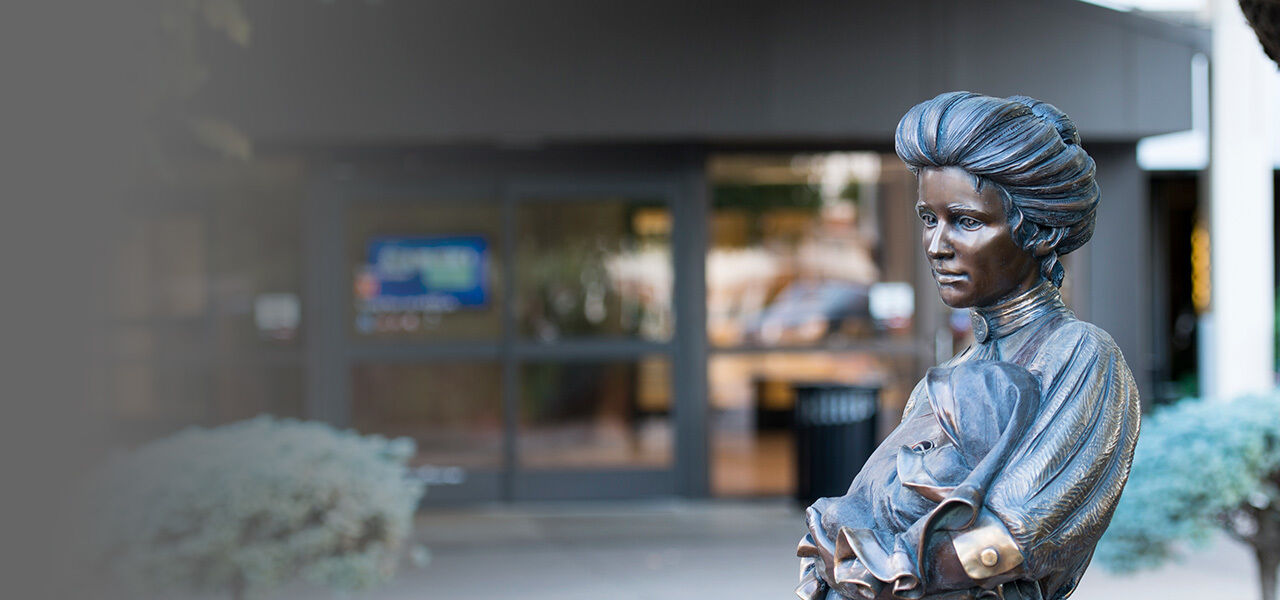



Home Sleep Testing | In-Lab Sleep Studies | Common Sleep Disorders | Tips for getting a good night's rest
 You may have a sleep problem or disorder if you . . .
You may have a sleep problem or disorder if you . . .Discuss your symptoms with your family physician and ask about the Sleep Lab at Mary Lanning Healthcare. If your physician feels an evaluation is needed, he or she will make arrangements for you to be tested at the Center.
If you have questions concerning the services provided by Mary Lanning's Sleep Lab, call 402-460-5673.
Sleep Apnea and Snoring
Snoring may be more than a normal annoyance. If light, it may indeed be trivial. But if it's extremely heavy, it may be a symptom of a serious disorder called sleep apnea. Those with sleep apnea stop breathing again and again during sleep. These apneas last 10 to 90 seconds and may occur several hundred times a night. Symptoms of sleep apnea are excessive daytime sleepiness, high blood pressure, heavy snoring, memory loss and morning headache.
Insomnia
Insomnia, or the inability to fall asleep, is not a diagnosis, but a symptom of either a psychological condition (chronic depression or temporary stress), environmental condition (noise), or physiological condition (chronic breathing disorder or temporary pain). Another cause of insomnia may be the misuse of sleeping pills.
Narcolepsy
Uncontrollable sleepiness during the day may be a symptom of narcolepsy. Another symptom is muscular weakness when feeling angry, surprised or amused. Narcoleptics sometimes have terrifying dreams or hallucinations just as they fall asleep. This sleep disorder often surfaces in young adulthood and is a lifelong medical problem.
Nocturnal Myoclonus
(Restless Leg Syndrome / Periodic Leg Movements) People who have periodic leg movements during sleep may not get proper rest and feel they have either insomnia or excessive sleepiness.
Inability to Sleep at the Proper Time
Some individuals find it difficult to resume their normal sleep-wake pattern if their regular pattern has been disrupted by a shift in work hours or other schedule change. Such a disruption in their normal sleep-wake pattern can produce complaints of insomnia or daytime sleepiness.
Nightmares and Night Terrors
Nightmares are frightening dream experiences which can later be recalled and may occur at any age. Night terrors, although seldom remembered, are often accompanied by an anguished scream. Night terrors generally occur during adolescence. The causes of nightmares and night terrors are unknown.
Oxygenation Problems
While asleep, symptoms of chronic respiratory diseases often worsen. Complete evaluation of such diseases sometimes require measurement of blood oxygen during sleep.
Bedwetting, Sleepwalking and Sleeptalking
These disorders are common and in most cases, the cause is unknown. Bedwetting and sleepwalking is particularly common in childhood. Sleeptalking, usually incomprehensible and rarely of psychological significance, is common but may also be a symptom of a sleep-related epileptic seizure.